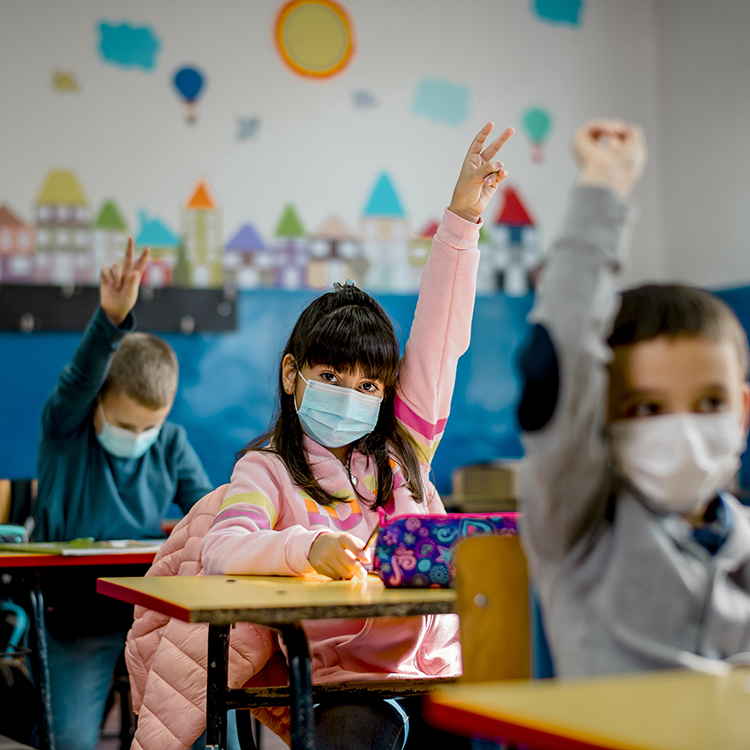Search

Research save lives and contains the spread of COVID-19.

Here’s what we know so far about the impact of COVID-19 on children.

With the number of COVID-19 infections in Western Australia continuing to grow – including confirmed cases in children – The Kids Research Institute Australia understands that our community is growing increasingly worried.
Convalescent plasma has been widely used to treat COVID-19 and is under investigation in numerous randomized clinical trials, but results are publicly available only for a small number of trials. The objective of this study was to assess the benefits of convalescent plasma treatment compared to placebo or no treatment and all-cause mortality in patients with COVID-19.
This study aimed to assess olfactory dysfunction in patients at six months after confirmed coronavirus disease 2019 infection. Coronavirus disease 2019 positive patients were assessed six months following diagnosis. Patient data were recoded as part of the adapted International Severe Acute Respiratory and Emerging Infection Consortium Protocol. Olfactory dysfunction was assessed using the University of Pennsylvania Smell Identification Test.
The Australian and New Zealand Paediatric Infectious Diseases (ANZPID) Group of the Australasian Society for Infectious Diseases (ASID) calls for urgent consideration of the needs and voices of children in response to the COVID-19 pandemic, and in planning for future pandemics.
This review summarises the current evidence for the perioperative preparation in children with upper respiratory tract infections (URTI), including COVID-19 infection. URTI, including COVID-19 infection, are common and frequent in children who present for elective surgery. Children with URTI are at increased risk of perioperative respiratory adverse events.
Tools that can be used to collect behavioural data during pandemics are needed to inform policy and practice. The objective of this project was to develop the Your COVID-19 Risk tool in response to the global spread of COVID-19, aiming to promote health behaviour change. We developed an online resource based on key behavioural evidence-based risk factors related to contracting and spreading COVID-19. This tool allows for assessing risk and provides instant support to protect individuals from infection.
Ensitrelvir, a 3C-like protease inhibitor, received emergency approval in Japan in November 2022 for treating non-hospitalized patients with mild-to-moderate COVID-19. However, confirmation of its real-world clinical effectiveness is limited.
As COVID-19 vaccinations rolled out globally from late 2020, rules and recommendations regarding vaccine use in pregnancy shifted rapidly. Pre-registration COVID-19 vaccine trials excluded those who were pregnant. Initial Australian medical advice did not routinely recommend COVID-19 vaccines in pregnancy, due to limited safety data and little perceived risk of local transmission.
